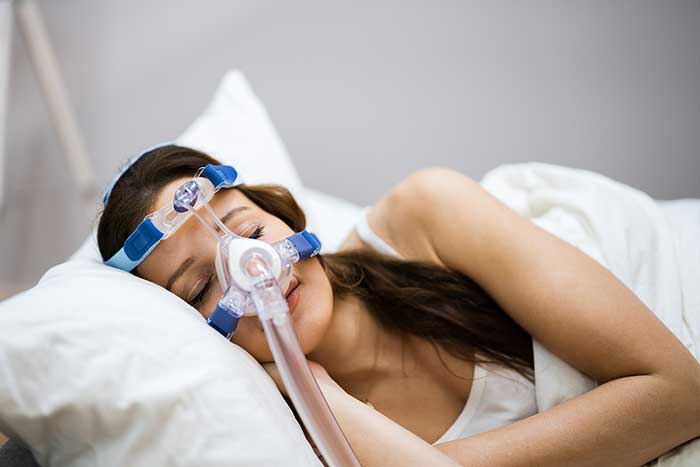
Dealing with healthcare issues is nothing to make light of. And any of these decisions can weigh heavily on patients’ minds. This is certainly the case when it comes to the use of some medical devices.
Many medical devices save lives. But according to recent studies from the FDA, more than 1.7 million injuries and 80,000 deaths have been linked to the use of medical devices. And some of these devices can cause health problems that–even if not fatal–can last a lifetime.
Most faulty medical devices are recalled when a known problem arises due to consumer alerts. But at the same time, many of these same products are still in circulation on the market today. And in order to keep yourself safe, it’s a wise decision to familiarize yourself with potentially harmful medical devices.
If you’ve recently been diagnosed with an illness requiring the use of a medical device for treatment purposes, the following will explore a few of these harmful devices and the health concerns that may arise.
Hernia Mesh
One device that is on the list of invasive medical devices is known as hernia mesh. And this is often used as a treatment for protruding hernias instead of by the means of corrective surgery.
When a patient has a weakened abdominal wall often due to muscle strain, organs such as the stomach or intestines can protrude through the muscle and become exposed or infected. This not only causes significant pain and discomfort if left untreated, but serious infections and complications can also develop.
Hernia mesh is often coated with polypropylene. And serious issues including sepsis (life-threatening blood infection) can develop if the mesh moves over time and cuts into arteries, veins, or other organs.
If you or someone you know has suffered complications after having a hernia mesh implant, you should call Rosenfeld Injury Lawyers and begin the process of filing a lawsuit.
CPAP Machines
CPAP devices, otherwise known as continuous positive airway pressure machines, are often used by sleep apnea patients. And even though it can be extremely difficult to get accustomed to using a CPAP machine for proper sleep, even more complications can arise with specific CPAP devices.
Philips Respironics, one of the largest producers of affordable CPAP machines, has recently recalled many of its more popular CPAP devices and breathing apparatuses due to deteriorating sound abatement foam.
Sound abatement foam particles can become inhaled or ingested. And as a result, serious medical problems can manifest. A few of these issues are as follows:
- Lung cancer
- Stomach cancer
- Throat cancer
- Bladder cancer
- Testicular cancer
- Respiratory inflammation
- Skin inflammation (around the nose and mouth)
- Stomach ulcers
You should note that the above list is only a fraction of the issues that some CPAP users have reported. And even with regular CPAP use, other complications can also arise such as frequent morning headaches, dry mouth, bloating, persistent cough, wheezing, and several others.
Artificial Knee & Hip Replacements
Perhaps one of the more common medical devices that a patient can have complications with includes artificial replacements. And even if any complications aren’t immediately evident, many people who have undergone replacement surgery have reported issues years later.
Common health problems related to knee or hip replacements often include painful swelling, persistent pain, implant rejection, bone fractures, and severe infections that can be life-threatening.
The main problem with the knee and hip replacements are that if infections become too severe, or if blood clots form, amputation is often the end result in order to save the patient’s life. Basically, once you elect to have the surgery, there’s no turning back if any serious complications arise later down the line.
Signs of a failed knee or hip replacement often include instability, severe and persistent pain (usually treated with potent narcotics), extreme stiffness in the joints, and the inability to walk. But patients are usually told that recovery time can range from a few months up to a year in many cases, but this all depends on the health and age of the patient.
Keeping Yourself Safe
Before agreeing to the use of any devices, especially those which require invasive surgery, be sure that you know the risks and the outcomes if your medical device fails. Additionally, familiarizing yourself with all alternatives, including holistic therapies that may offer you different methods of care, is a great starting point.
At the end of the day, know the risks before electing to have any surgery, especially those which include placing an artificial device within your body.


